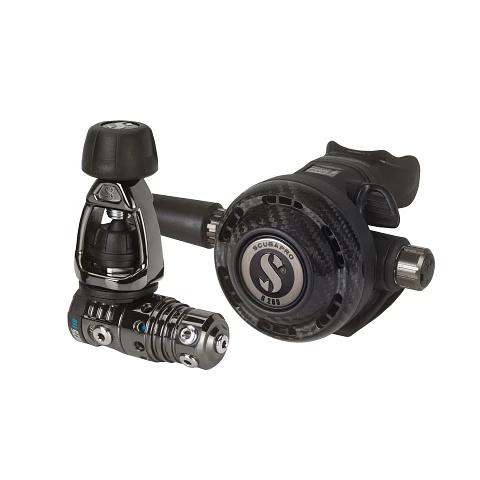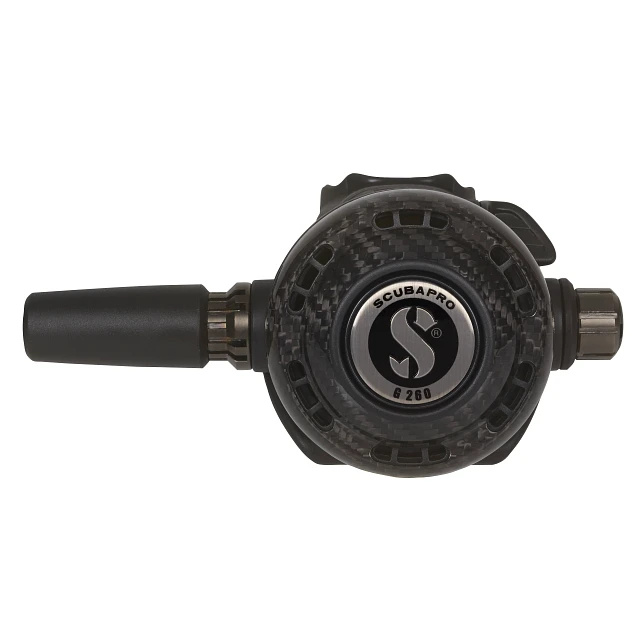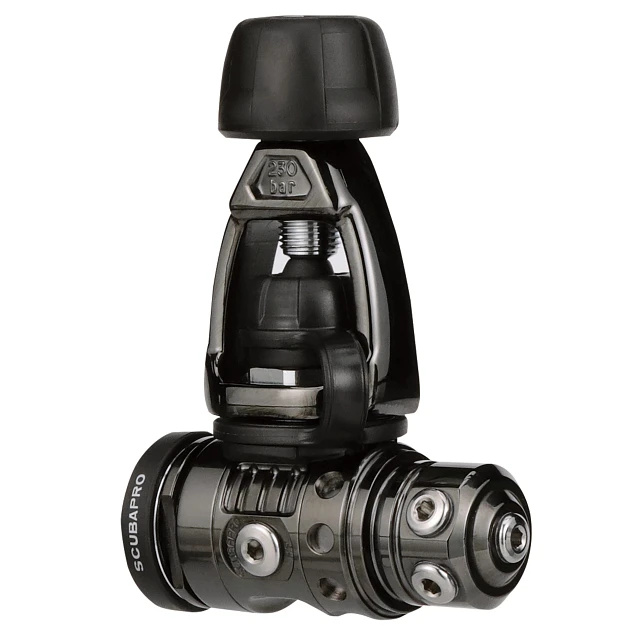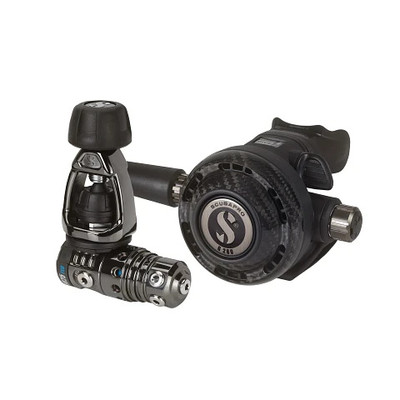Exploring the Depths: The SCUBAPRO G260 Carbon - On Sale at LA Scuba Center!! ....and How to buy it!
Posted by Dive Pro: William Taylor on on Nov 13th 2024
In the world of scuba diving, equipment reliability and performance are not just features but necessities. Among the elite offerings in this niche market, the SCUBAPRO G260 Carbon stands out as a beacon of innovation, combining advanced materials with state-of-the-art engineering. This article will delve into the intricacies of the SCUBAPRO G260 Carbon, focusing on the benefits of its carbon fiber components and the sophisticated design of its second stage. We'll also compare the first stage options, the MK19 and MK15, to aid divers in making an informed choice.
Overview of the SCUBAPRO G260 Carbon
The SCUBAPRO G260 Carbon is not merely a regulator; it's a testament to SCUBAPRO’s commitment to advancing dive technology. Known for its lightweight design, enhanced performance, and sleek aesthetics, this regulator caters to both the professional and recreational diver looking for top-tier equipment that doesn't compromise on comfort or functionality.
Benefits of Carbon Fiber
Lightweight Construction:
The use of carbon fiber in the construction of the G260 significantly reduces the overall weight of the regulator. For divers, especially those who travel frequently or participate in long dives, this reduction in bulk can lead to less fatigue and more enjoyable diving experiences.
Durability: Carbon fiber is renowned for its strength-to-weight ratio. In the harsh environments where scuba gear is used, durability is key. The carbon fiber components of the G260 ensure that it can withstand the rigors of frequent use without succumbing to the wear and tear that might afflict lesser materials.
Aesthetic Appeal: Beyond functional benefits, carbon fiber lends an undeniably modern and attractive look to the regulator. This isn't just about vanity; the aesthetic appeal can be a significant factor for divers who pride themselves on using equipment that looks as good as it performs.
The Second Stage: Advanced Engineering
The second stage of the G260 Carbon is where SCUBAPRO’s engineering prowess truly shines:

- Airflow Efficiency: The design incorporates an oversized exhaust valve which reduces exhalation effort, making breathing at depth feel almost effortless. This is crucial for maintaining a calm, steady breathing pattern, which in turn conserves air.
- Breathing Comfort: SCUBAPRO has utilized a new type of second-stage housing that enhances grip and comfort. The lighter regulator sits comfortably in the diver’s mouth, reducing jaw fatigue during long dives.
- Cold Water Performance: The G260 is equipped with features like an anti-freeze kit and a metal barrel to ensure consistent performance in cold water environments. This makes it suitable for divers exploring colder waters where other regulators might falter.
- Adjustable Vents: The second stage features an adjustable VIVA system that allows divers to control the orientation of the exhaust tee, optimizing bubble direction away from the field of vision or reducing noise.
Choosing Between the MK19 & MK25 1st Stage

- For Technical and Cold Water Diving: Opt for the MK19. Its design ensures that performance does not degrade in harsh environments and is ideal for sidemount diving as the connection is in the middle of the 1st stage.
- For Travel and Recreational Diving: The MK25 would be more suitable due to its piston design and robust performance in typical diving conditions.
The SCUBAPRO G260 Carbon is a marvel of dive gear technology, where every component from the carbon fiber body to the meticulously designed second stage is crafted for optimal performance. Whether you pair it with the MK19 for the pinnacle of reliability under extreme conditions or the MK25 for a balance of performance and recreation, the G260 Carbon promises to elevate your diving experience. Its design not only caters to the physical demands of diving but also to the aesthetic and comfort preferences of the modern diver. This regulator isn't just about surviving underwater; it's about thriving there, making each dive not just a journey but an experience to remember.

